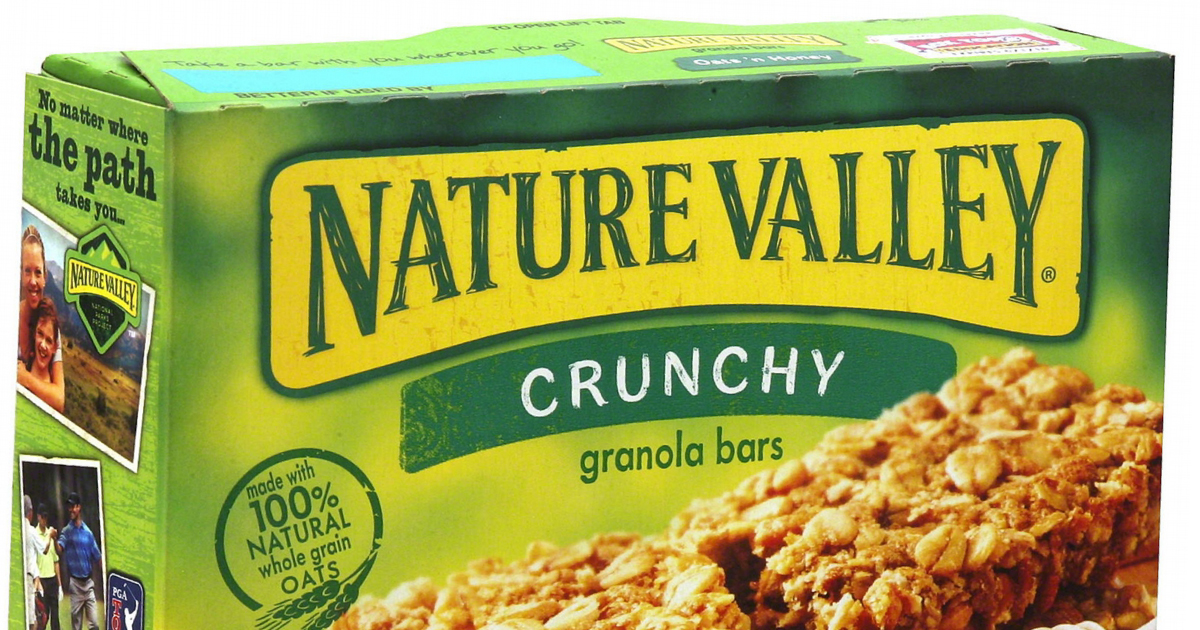
‘Natural’ Settlements Good for Consumers—But Ridding the Food Supply of Pesticides Would Be Better
August 22, 2018 | Katherine Paul
Organic Consumers Association
It’s one of the industrial food industry’s biggest marketing scams—labeling a product “natural” or “all-natural” or “100% natural” in order to sell more product, despite knowing full well that the product contains ingredients that consumers would reasonably conclude are not natural.
We call it the “Myth of Natural.”
This week, we settled a lawsuit with General Mills.
According to the joint statement we issued with our co-plaintiffs, Beyond Pesticides and Moms Across America:
At a time specified by the agreement, packaging for General Mills Nature Valley Granola bars will no longer bear the term “100% Natural Whole Grain Oats.”
Agreements like the one with General Mills are just the first step. We still have to push for a long-term solution to the problem of using the word “natural” in ways that mislead consumers.
More important, we need to push for a food system free of unnatural ingredients, including pesticides.
A new report this week highlights, yet again, the widespread contamination of our food with this glyphosate, the active ingredient in Monsanto’s Roundup weedkiller.
The recent verdict in the Dewayne Johnson v. Monsanto Co. also shines a spotlight on glyphosate—its potential to cause cancer and the potential legal ramifications for food companies whose products are contaminated with it.
Our settlement with General Mills comes after another settlement we reached with Post, over its Shredded Wheat cereal. We have similar (though not identical) claims pending against and Ben & Jerry’s.
OCA isn’t the only organization filing claims against food companies for misleading labeling and advertising claims. And we will have more lawsuits to announce in the near future.
Why pursue these lawsuits?
One, because consumers are deceived by false labeling and false advertising, and it’s our job to protect consumers.
Two, because companies use false advertising and marketing to boost their profits. We think that’s wrong.
Three, because in many of these cases involving glyphosate, we know that food companies know their products are contaminated—even if the products are GMO-free—because they know that glyphosate and is used, probably as a desiccant, in their supply chains.
Going to court over false advertising and labeling claims is just one way to educate consumers, hold food companies accountable and force companies to be truthful and transparent about the products they peddle.
Our ultimate aim is to convince the food industry that consumers don’t want pesticides in their food. Period.
Katherine Paul is associate director of the Organic Consumers Association (OCA), a 501 (c) (3) nonprofit grassroots consumer advocacy organization. To keep up with OCA news and alerts, sign up for our newsletter.
